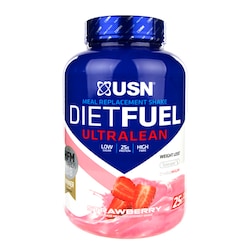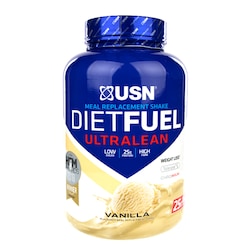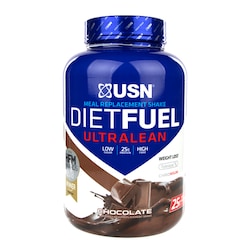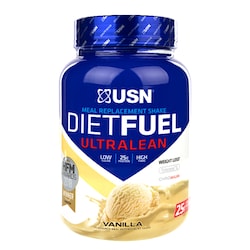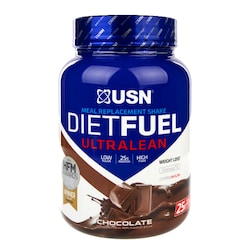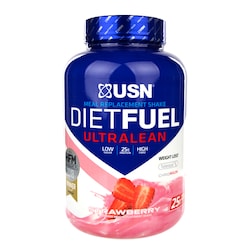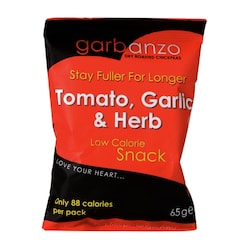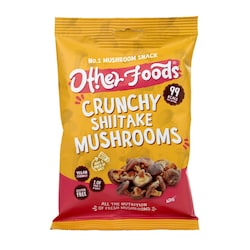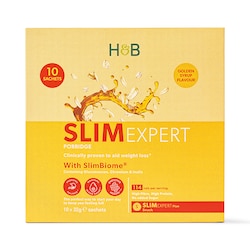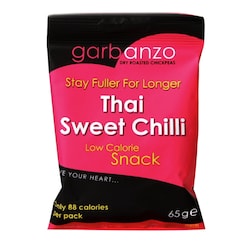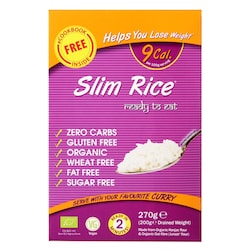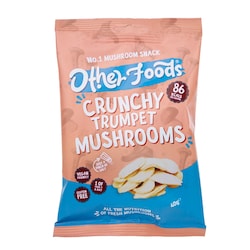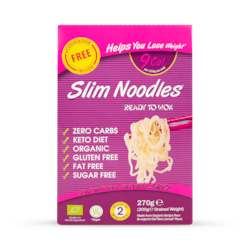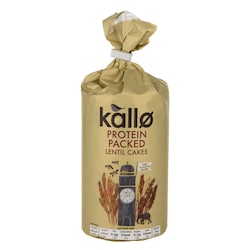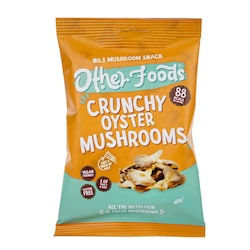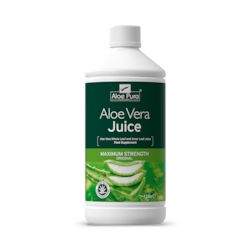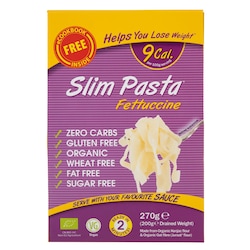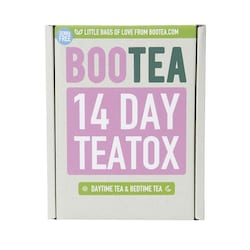20% off £30
What is the cutting diet?
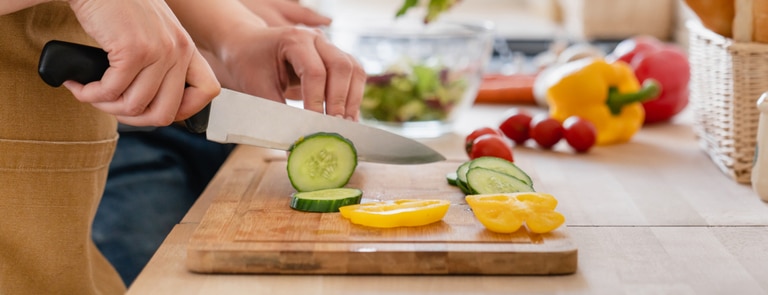
A technique that has become super popular with gym bunnies and bodybuilders alike, the cutting diet is one way to help you achieve your fat loss goals.
But is it for everybody? And what are the benefits if you do choose this diet? Find out the answers to these questions and more in our guide.
In this article, you’ll learn about
- What the cutting diet is
- Who the cutting diet is for
- 5 benefits of the cutting diet
- Foods to eat when cutting
- Foods to avoid when cutting
- Techniques for cutting down
- Tips on how to cut
- Potential side effects of the cutting diet
What is a cutting diet?
Otherwise known as a shredding diet or a weight cutting diet, a cutting diet is a technique used by those into their fitness in order to reduce body fat without losing any muscle in the process.
Sound difficult? With the cutting diet, it isn’t a one size fits all method.
Your individual needs and metrics need to be taken into account.
However, one thing that is consistent with most people on this diet is that they increase protein intake and are more selective over the types of carbs they eat – as well as doing weight training to help build and maintain muscles while cutting.1,2
Generally speaking, a cutting diet lasts anywhere between two to four months and traditionally takes place before sports events or personal goals like a holiday.
Is the cutting diet just for bodybuilders?
Nope!
The cutting diet is suitable for anyone who is looking to reduce fat without losing muscle. Although it is usually accompanied by weight training, who said this is just for bodybuilders?
5 key benefits of the cutting diet
So what are some of the benefits you can expect from the cutting diet? The most obvious benefit is that you won’t lose your gains, but more on this below.
-
Muscle maintenance
The number one benefit of the shredding diet is without a doubt maintaining your muscle.
But as mentioned previously, it’s important to remember that the type of exercise you do alongside your diet can have an impact.
So for muscle maintenance, consistently and regularly lifting weights is recommended because it can help to reduce muscle loss and even gain muscle when in a calorie deficit.3
-
Attention to macros
Another one of the benefits of a cutting diet is that you have to pay attention to your macronutrients (or macros).
Specifically, it is recommended to make sure you’re getting enough protein as a high intake has been found to reduce the loss of lean body mass when in a calorie deficit.4
Another key consideration is taking in enough carbs to fuel weight training but being selective over the type and ensuring you’re generally not eating more than what you need for fuel.
Excess carbs and in particular excess sugary foods tend to promote fat storage (more on this later!).
Learning to understand the importance of macros can then be used to fuel your workouts and lifestyle more efficiently in the future too.
-
Proper hydration
The cutting diet also requires you to keep fully hydrated, which can come with a number of different benefits.
Firstly, staying hydrated has been shown to potentially curb your appetite while also temporarily speeding up your metabolism, which all helps you to reach your goals faster!5,6
-
Fat loss
Another one of the key benefits of the shredding diet is that it could help you to lose fat.
This is largely due to being in a consistent calorie deficit (consuming less calories than you burn through exercising and just existing), while also eating nutrient-dense whole foods.7
-
Cheat meals are allowed
Another benefit that makes the cutting diet so popular is the fact that you can allow yourself to have what is known as ‘cheat days’ or ‘refeed days’.
While it’s important to still eat nutritious foods on these days, you can boost your carb intake to help to restore your body’s stores of glucose, boost your exercise performance and balance your hormones.8,9
Be aware that the scale may go up a few pounds after one of these days, but remember it is likely that this is just water weight that can be lost quickly again.10
What should you eat when cutting?
Generally speaking, it may be best to stick to whole, minimally processed foods as these tend to be lower in calories and higher in nutritional value than processed foods.
Like we mentioned previously, it’s also important to up your protein intake as well as eating a balanced, nutritionally complete diet.11
So to get you along the right lines, here’s what foods to consider eating when cutting:
- Lean sources of protein, such as eggs, meat and oily fish
- Natural sources of dairy, including yoghurt, milk and a small amount of cheese
- Nutritionally complete protein powders, including whey, pea, hemp and rice protein
- Beans and pulses
- Unsalted nuts and seeds
- Healthy sources of fat, such as avocados, olive oil and olives
- Wholegrain rice, pasta, oats, bread quinoa and barley
- An array of colourful fruit and vegetables
What foods to avoid while cutting?
We’ve gone through foods to eat on this diet, but what about foods to avoid?
While the diet doesn’t require you to cut out anything in it’s entirety here are some foods to consider reducing or avoiding in general:
- Added sugar – this is because it is used first as energy, but any excess is stored as fat.12
- Refined carbohydrates – these have a similar effect, as they are often broken down into glucose as energy, but excess can also be stored as fat.13
- Saturated fats – it may also be worth reducing your intake of saturated fats and certain cooking oils as they are often higher in calories which could affect your calorie intake.
How do I cut down on my diet?
Cutting down on your diet can sometimes be beneficial if you’re looking to lose a few pounds.
But it has to be done in a safe and healthy way. Some of these tips may help you to cut down:
- Count your calories to ensure you’re in a safe calorie deficit (while consuming enough foods to keep you sustained during exercise).
- Cut back on the condiments as these calories can add up without you realising.
- Try not to drink sugary drinks, stick to water, black coffee and green tea where possible.
- Avoid takeaways as it can be harder to know how many calories are in them.
- Try using smaller plates to prevent overeating if you can’t sense your fullness cues.14
- Pack your plates with plenty of veggies.
How to cut: top tips
If you’re specifically following the cutting diet plan, we’ve got some top tips to help you along the way.
-
Eat plenty of fibre
Key for helping you stay fuller for longer, and to avoid the craving for sugary snacks in between meals, fibre-rich foods are a must-have portion of your meals on the cutting diet.15
-
Make sure to stay hydrated
As well as eating plenty of fibre, it’s important to stay hydrated on the cutting diet.
Essential for keeping your body healthy before and after exercise, drinking plenty of water may help to speed up your metabolism for a short period of time, as well as curbing your appetite.16,17
-
Try adding cardio to your workout regime
While weightlifting is often the exercise of choice for people on the cutting diet, doing some high intensity cardio too may also help in your bid to lose fat.18
-
Prep your meals in advance
Modern lives can be pretty busy, so cooking fresh food for each meal can sometimes take a backseat.
The answer? Prepping your meals! Batch cook some healthy recipes, pop them in the freezer then defrost when you’re ready to eat them.
Is the cutting diet safe?
While the cutting diet is generally safe, it’s crucial to make sure you’re eating enough calories. If you have too few calories, you may experience some of these side effects:19
- feeling hungry
- feeling low on energy
- a dry mouth
- constipation or diarrhoea
- headaches
- dizziness
- cramps
- hair thinning
Consuming too few calories is also especially dangerous for these people:
- under 18
- pregnant
- breastfeeding
- have had an eating disorder20
The final say
Thinking of trying this diet to aid your fitness journey?
It may help you to achieve your goals, but if you have any health concerns remember to speak to a medical professional for tailored advice.
The advice in this article is for information only and should not replace medical care. Please check with your GP or healthcare professional before trying any supplements, treatments or remedies. Food supplements must not be used as a substitute for a varied and balanced diet and a healthy lifestyle.
Last updated: 17 November 2021
- https://www.ncbi.nlm.nih.gov/pubmed/24998610
- https://www.ncbi.nlm.nih.gov/pmc/articles/PMC5421125/
- https://www.ncbi.nlm.nih.gov/pubmed/29596307
- https://pubmed.ncbi.nlm.nih.gov/19927027/
- https://www.ncbi.nlm.nih.gov/pubmed/14671205
- https://www.ncbi.nlm.nih.gov/pubmed/17519319
- https://www.ncbi.nlm.nih.gov/pmc/articles/PMC3302369/
- https://www.ncbi.nlm.nih.gov/pubmed/29910436
- https://www.ncbi.nlm.nih.gov/pubmed/24571926
- https://www.ncbi.nlm.nih.gov/pubmed/1615908
- https://www.tandfonline.com/doi/abs/10.1080/16070658.2013.11734434
- https://healthcare.utah.edu/the-scope/shows.php?shows=0_7frg4jjd
- https://news.berkeley.edu/2012/12/06/gene-converts-carbs-to-fat/
- https://www.ncbi.nlm.nih.gov/pubmed/24005858
- https://pubmed.ncbi.nlm.nih.gov/30805214/
- https://pubmed.ncbi.nlm.nih.gov/14671205/
- https://www.ncbi.nlm.nih.gov/pubmed/17519319
- https://www.ncbi.nlm.nih.gov/pubmed/28458804
- https://www.nhs.uk/live-well/healthy-weight/very-low-calorie-diets/
- https://www.nhs.uk/live-well/healthy-weight/very-low-calorie-diets/


